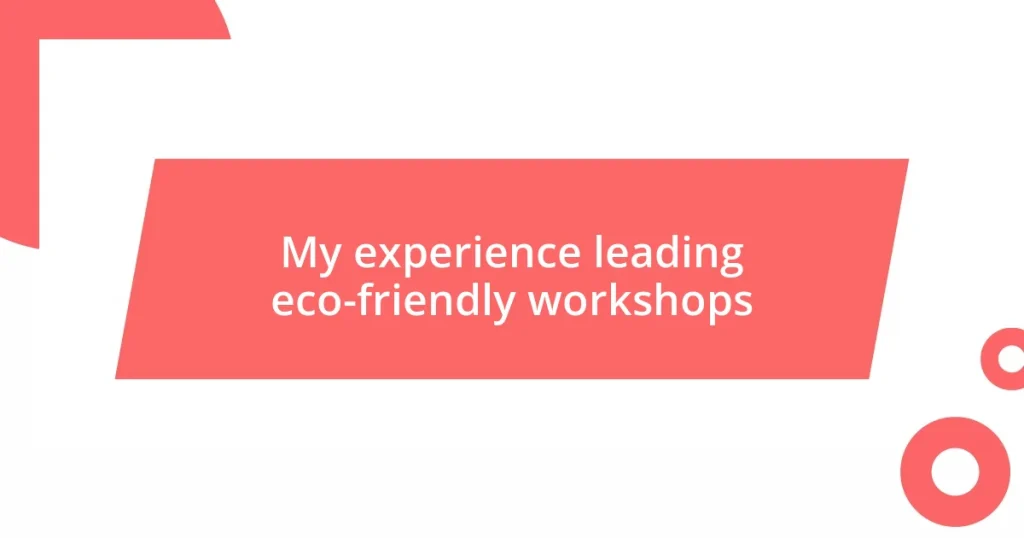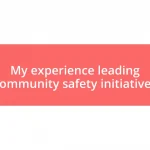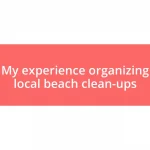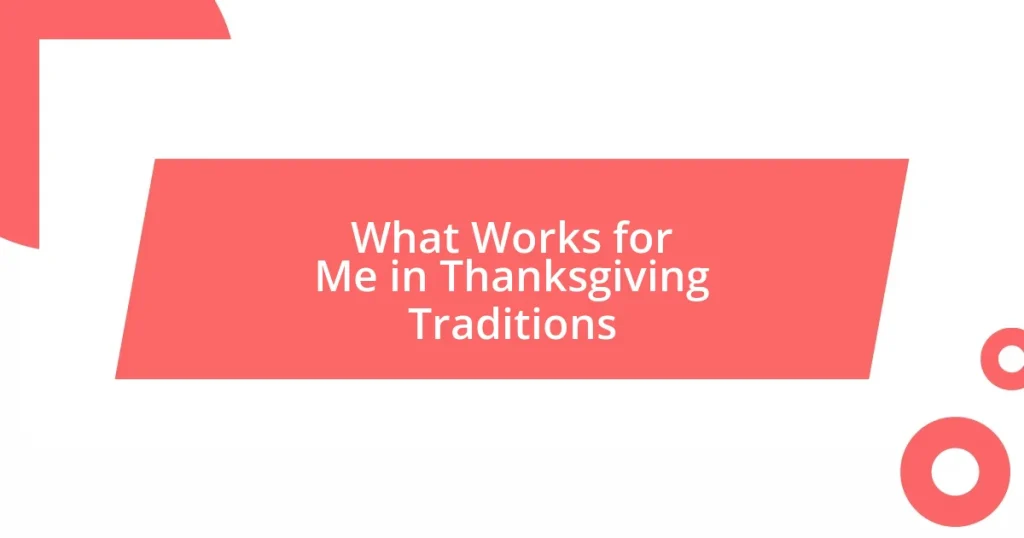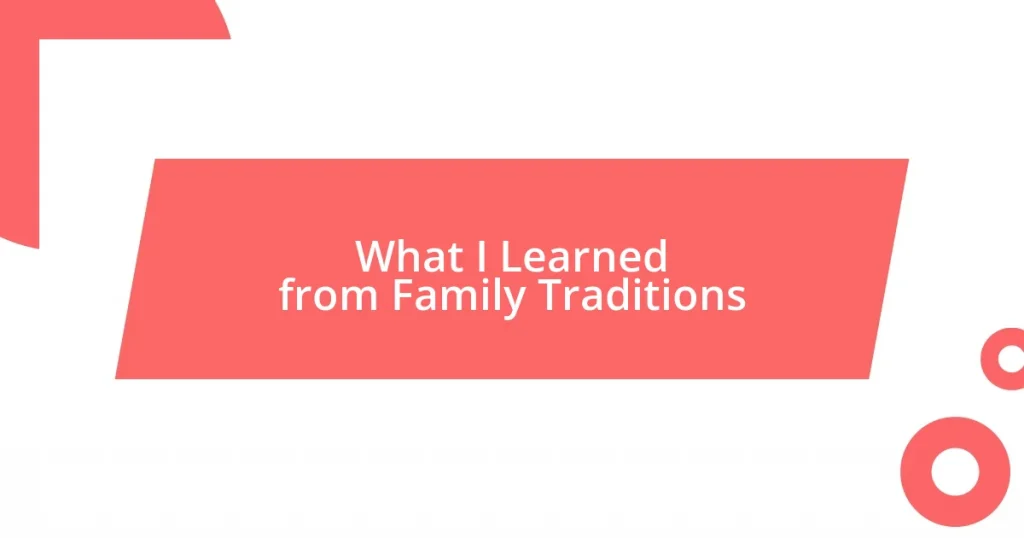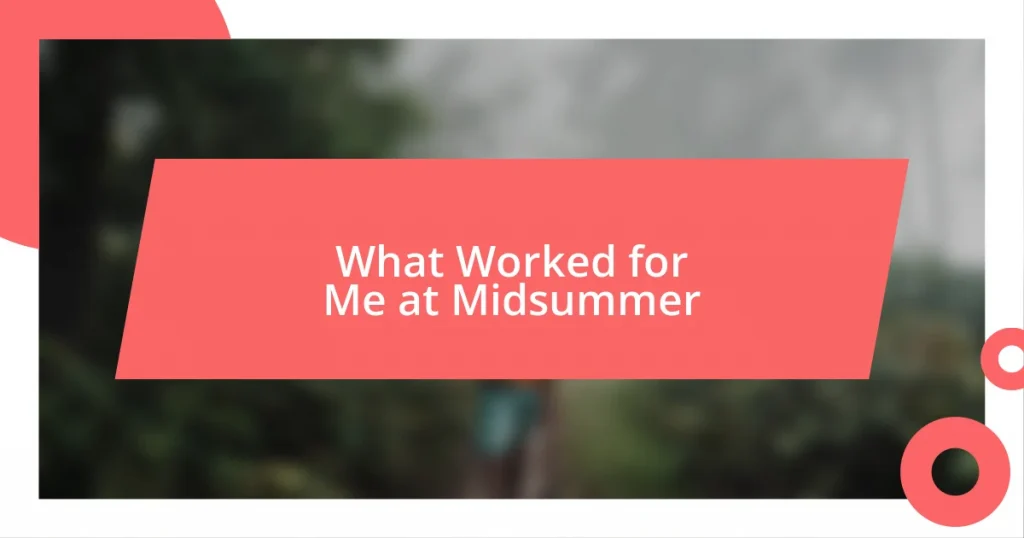Key takeaways:
- Eco-friendly workshops foster community engagement and shared experiences, enhancing awareness of sustainability and encouraging collective action.
- Implementing sustainable practices during workshops—such as using eco-friendly materials and promoting waste management—demonstrates the impact of individual choices on the environment.
- Measuring the impact of workshops through participant feedback and follow-ups highlights the long-term effectiveness of eco-friendly initiatives and inspires ongoing commitment to sustainable practices.
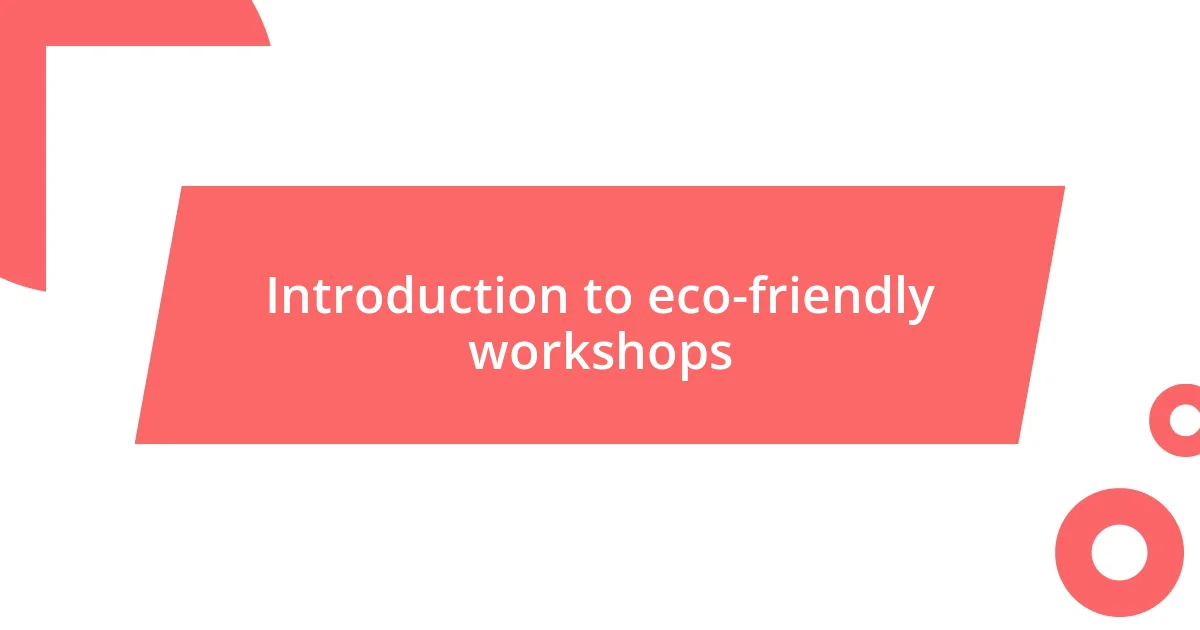
Introduction to eco-friendly workshops
Eco-friendly workshops are a fantastic way to bring awareness to sustainable practices while engaging with the community. I remember my first workshop vividly; we transformed recycled materials into beautiful art pieces, igniting creative passions while instilling a sense of responsibility towards our planet. It makes me wonder, how often do we pause to think about our daily choices and their environmental impact?
These workshops can vary widely in content, from crafting with upcycled materials to preparing zero-waste meals. I once facilitated a session on sustainable gardening, and watching participants connect with nature as they planted seeds was rewarding. It struck me that there’s something deeply fulfilling about nurturing both plants and spirits in such a shared experience.
Moreover, the conversations that emerge during these workshops often reveal the diverse perspectives people bring to sustainability. I’ve found that participants open up about their sustainable journeys, sharing triumphs and challenges, which creates a rich tapestry of ideas. Isn’t it fascinating how these shared experiences can foster community and inspire collective action toward environmental stewardship?
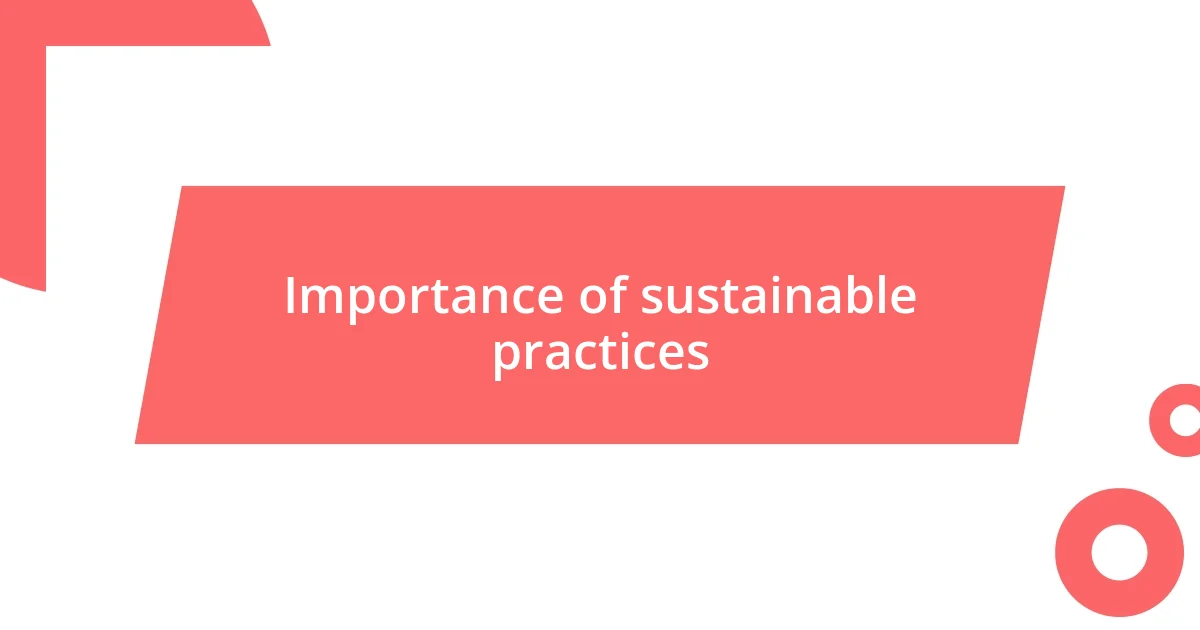
Importance of sustainable practices
Sustainable practices are crucial for preserving our planet’s resources. Every small step, like reducing waste or using renewable energy, contributes to a healthier environment. I remember leading a workshop where participants shared how implementing simple changes at home made a significant difference, like swapping plastic for reusable bags. It was inspiring to see how empowered individuals felt after realizing their actions had a positive impact.
When we prioritize sustainability, we not only protect ecosystems but also enhance our quality of life. For instance, adopting eco-friendly habits can lead to better health and well-being. In one session, a participant shared how growing their own food reduced their carbon footprint and introduced them to healthier eating habits. It was a powerful reminder that our choices tie directly back to our health and the environment.
Furthermore, the significance of sustainable practices transcends individual actions; it promotes a culture of responsibility. I once witnessed a community come together after a workshop to clean up a local park, proving that inspiring change can amplify collaborative efforts. Isn’t it compelling to see how a single conversation can spark a movement towards sustainability?
| Aspect | Importance of Sustainable Practices |
|---|---|
| Environmental Protection | Reduces pollution and preserves natural resources |
| Health Benefits | Promotes healthier lifestyles through eco-friendly habits |
| Community Engagement | Fosters collaboration and collective action towards shared goals |
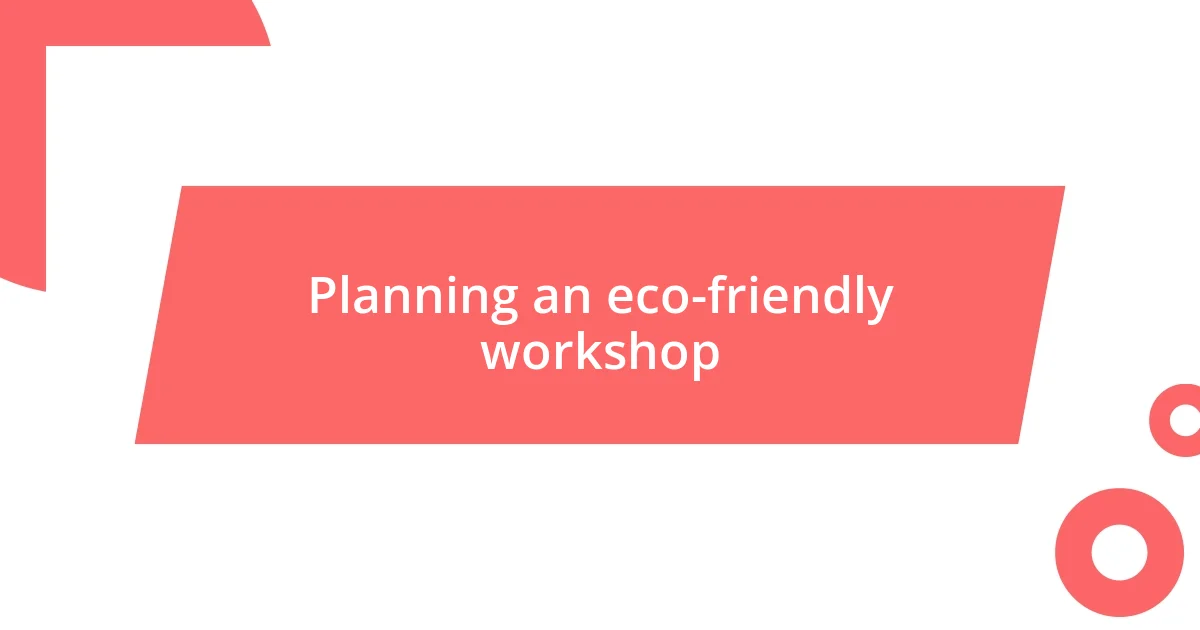
Planning an eco-friendly workshop
Planning an eco-friendly workshop requires careful consideration of multiple elements to ensure everything is consistently aligned with sustainability goals. From my experience, selecting a green venue is crucial; I once chose a local community center powered by solar energy, which not only set the tone for the workshop but also inspired participants to think about energy sources. Additionally, choosing eco-friendly materials for activities is essential. Using biodegradable or recycled supplies not only enhances the learning experience but also serves as an impactful reminder about reducing waste in everyday life.
Here are some key aspects to consider when planning your eco-friendly workshop:
- Venue Selection: Opt for spaces that utilize renewable energy sources or are easy to access via public transportation.
- Materials: Use recycled, upcycled, or natural materials for all activities to minimize waste.
- Digital Promotion: Instead of printed flyers, utilize social media and email newsletters to promote the event, reducing paper use.
- Waste Management: Provide clearly marked bins for recycling, composting, and trash to encourage proper disposal and enhance awareness.
- Local Partnerships: Collaborate with local businesses that focus on sustainability for sponsorship or material donations, creating a sense of community and shared responsibility.
In my workshops, I’ve always encouraged participants to bring their own reusable containers for snacks or drinks, creating a collective effort towards reducing single-use items. I remember one particular workshop where we set up a small “zero-waste zone,” challenging everyone to be conscious of their consumption during the event. Seeing the excitement on their faces when they realized how simple shifts in behavior could lead to significant change was genuinely rewarding. Engaging participants in these small yet impactful ways fosters a deeper connection to the eco-friendly message.
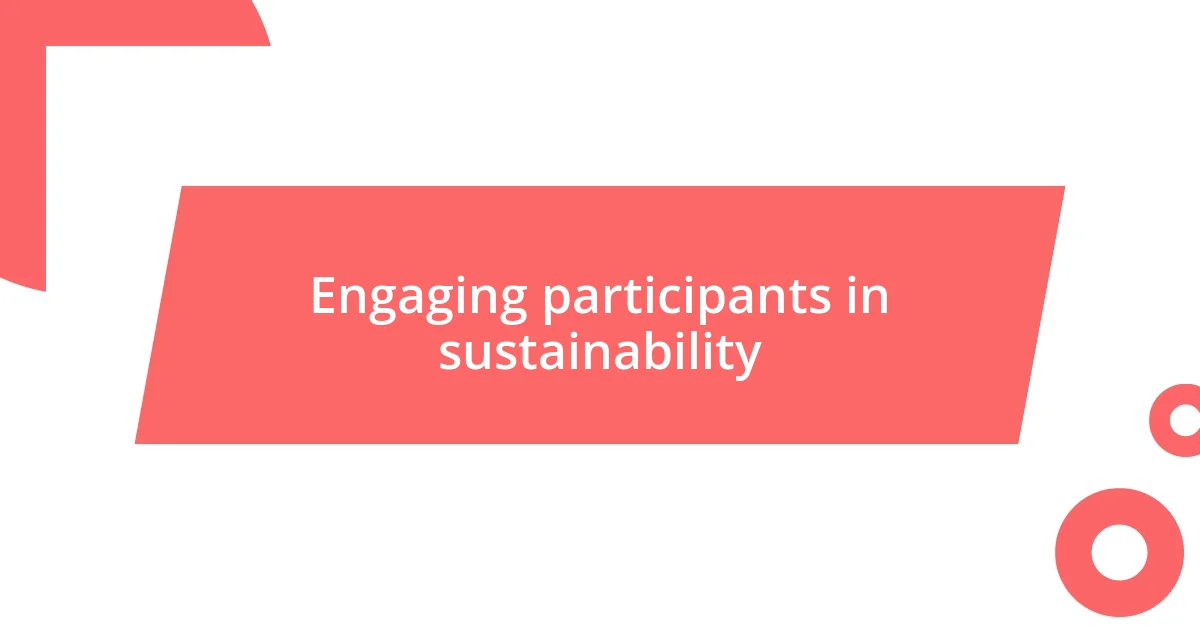
Engaging participants in sustainability
Creating a sense of community in sustainability workshops is truly powerful. In one session, I noticed participants connecting over shared challenges and triumphs. I asked them, “What sustainability effort have you been most passionate about?” The room buzzed with stories—from starting a community garden to advocating for local recycling programs. It was inspiring to witness how personal investments sparked enthusiasm and camaraderie.
To deepen engagement, I often incorporate interactive activities that make the learning experience dynamic. I remember implementing a “sustainable swap” event, where attendees exchanged items like clothes, books, or household goods instead of simply discarding them. The joyful atmosphere and sense of purpose made it clear: sustainability can be fun and beneficial for everyone involved! How often do we consider that every little action can lead to a treasure trove of change?
Additionally, I foster open discussions where participants can brainstorm eco-friendly solutions. One time, we tackled waste reduction, and someone suggested a neighborhood composting initiative. This idea didn’t just ignite excitement; it cultivated a sense of ownership and accountability. When participants see that their voices can lead to tangible outcomes, it deepens their commitment to sustainability. Isn’t it incredible how a single idea can grow into a community project?
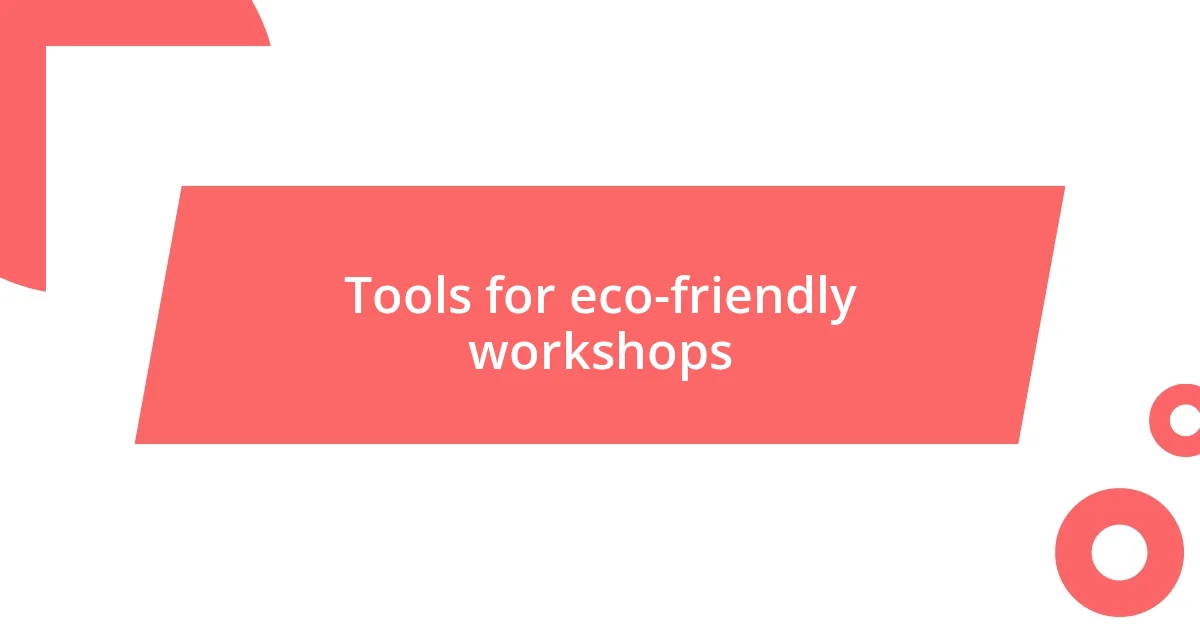
Tools for eco-friendly workshops
When it comes to tools for eco-friendly workshops, choosing the right supplies is key. One of my favorite tools is a collection of reusable containers for storing workshop materials. During a recent workshop, I brought along glass jars filled with seeds for participants to take home. Not only did this foster a sense of ownership, but it also eliminated the need for plastic bags. I love seeing the transformation of such a small gesture into something impactful.
Another essential tool is digital technology. I always encourage participants to use their smartphones or tablets during workshops. For instance, I created an interactive digital guide with links to local resources and sustainability tips. While it might sound simple, providing information in a tech-friendly format helped participants feel more involved and connected to the content. Have you ever considered how technology can enhance that hands-on experience while reducing paper waste?
I’ve found that eco-friendly signage is also vital. I once made felt banners using scraps that outlined our goals for the workshop. The tactile nature of those materials was a hit; participants not only read the signs but engaged with them. It brought about rich conversations about upcycling and creativity. Isn’t it fascinating how the physical tools we choose can spark deeper discussions and connections among participants?
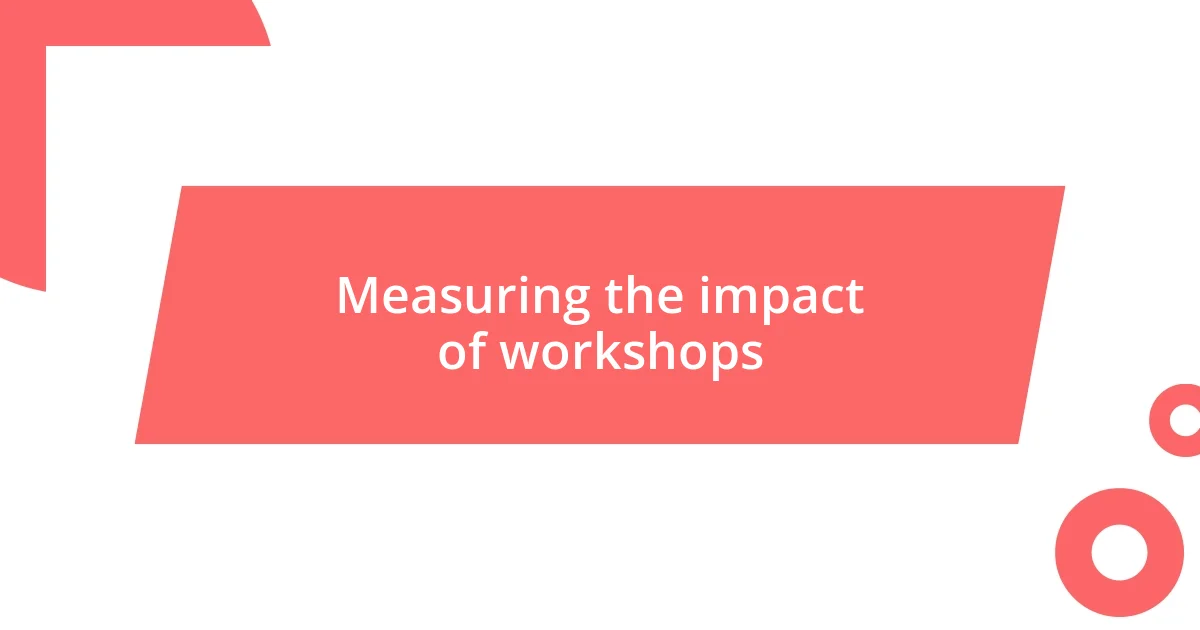
Measuring the impact of workshops
Determining the impact of eco-friendly workshops requires a blend of quantitative and qualitative measures. After each session, I distribute surveys to gather feedback on what participants learned and how they plan to implement sustainable practices in their lives. One time, I was pleasantly surprised to discover that over 70% of attendees committed to reducing single-use plastics after just one workshop. Isn’t it gratifying to see direct results from our discussions and activities?
In my experience, tracking long-term changes is just as essential as immediate feedback. I like to follow up with participants a few months later to inquire about their progress. A few years back, a participant shared how they started a zero-waste initiative in their office after our workshop. Hearing stories like this reassures me that our efforts resonate beyond the classroom. What if every participant became a catalyst for change in their community?
Another effective method I’ve utilized is to create a visual impact board, where participants can add their sustainability goals and achievements. This board not only showcases their collective aspirations but fosters a sense of accountability. I distinctly remember the pride on participants’ faces when they added their achievements, like installing a rain garden or organizing cleanup drives. Do you see how recognizing individual and collective milestones can motivate everyone to push for even greater environmental goals?
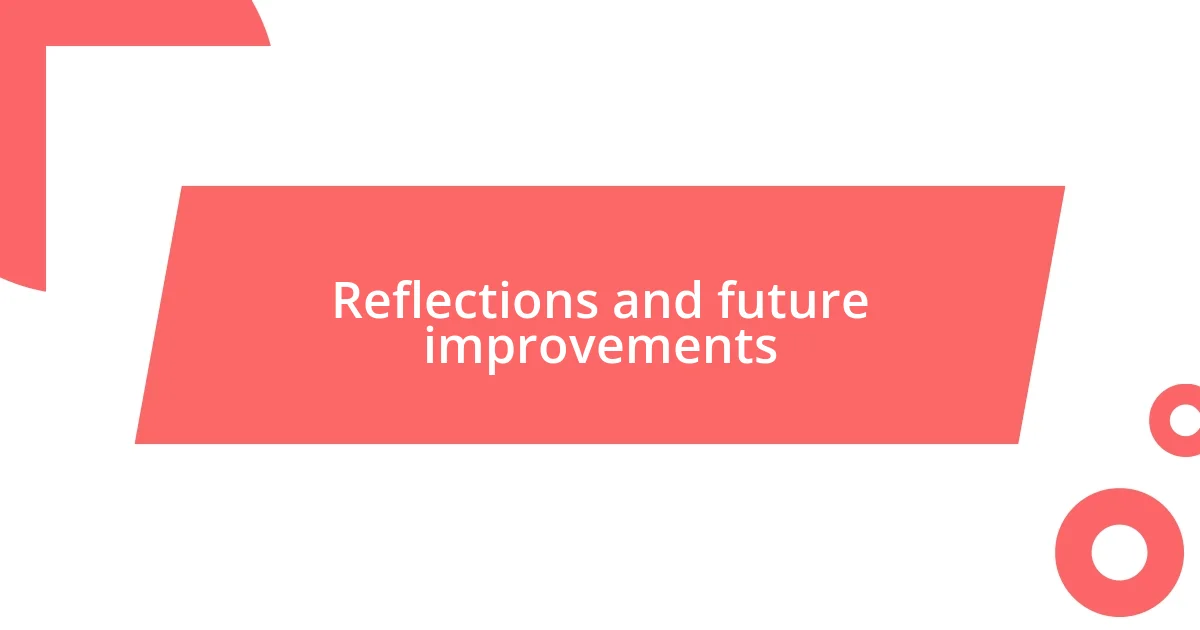
Reflections and future improvements
Reflecting on my journey leading eco-friendly workshops, I realize that even small changes can yield significant improvements. For example, I once re-evaluated the workshop flow after noticing some participants were overwhelmed by the amount of information presented. By streamlining activities and focusing on fewer, more impactful topics, the engagement levels soared. Have you ever experienced that moment of clarity when you adjust your approach and everything clicks into place?
I also recognize the importance of incorporating more interactive elements. During one workshop, I introduced a hands-on activity that allowed participants to create a small garden using recycled materials. The joy they shared in creating something tangible was contagious! I learned that creating memorable, hands-on experiences can deepen participants’ connection to the material. How can we enhance our future workshops to encourage that same level of excitement?
Looking ahead, there’s room for improvement in fostering a community beyond the workshops. After one session, I organized a meetup for participants to share their ongoing projects and challenges. The conversations that emerged were transformative. I’m eager to facilitate more of these networking opportunities to build a supportive community that extends our eco-friendly initiatives. Wouldn’t it be wonderful to inspire sustained collaboration among participants?










